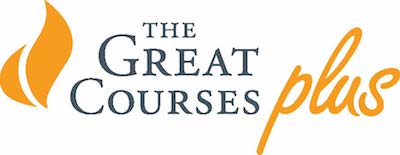Since then Dr. Ratey has been traveling the world promoting the value of exercise for people of all ages, but his main focus has been on young people and on trying to restore and invigorate physical education programs in the schools. In Spark he provided some of the preliminary evidence that vigorous exercise promotes better academic performance, but that evidence had continued to mount.
Besides improving academic performance regular exercise also helps over all mental health. Exercise is especially effective for problems like depression and ADHD. Our brains rely on a complex mixture of neuroactive chemicals (neurotransmitters, etc.), but since our understanding of these is still very primitive, treatment with drugs can be unpredictable. Dr. Ratey feels that medications can be an important part of treating problems like ADHD, but that exercise should be included as an essential element.
Of course, even those of us who don't struggle with mental illnes are concerned with keeping our brains healthy as we age. Here again Dr. Ratey argues that exercise is essential. He speculates that exercise tricks your brain "into thinking that you're younger and that you still need to grow, as opposed to being stationary and having atrophy occur." Also, when you keep on learning (new things) your brain continues to respond and build new pathways. This is very similar to what Dr. Michael Merzenich (one of the pioneers of brain plasticity) told us in BSP 105.
Dr. Ratey is working on a new book that will be an update on the science that has been done since Spark was published, but his 2008 interview remains one of my favorites. That's why I just released an updated version of this interview as BSP 111.




















